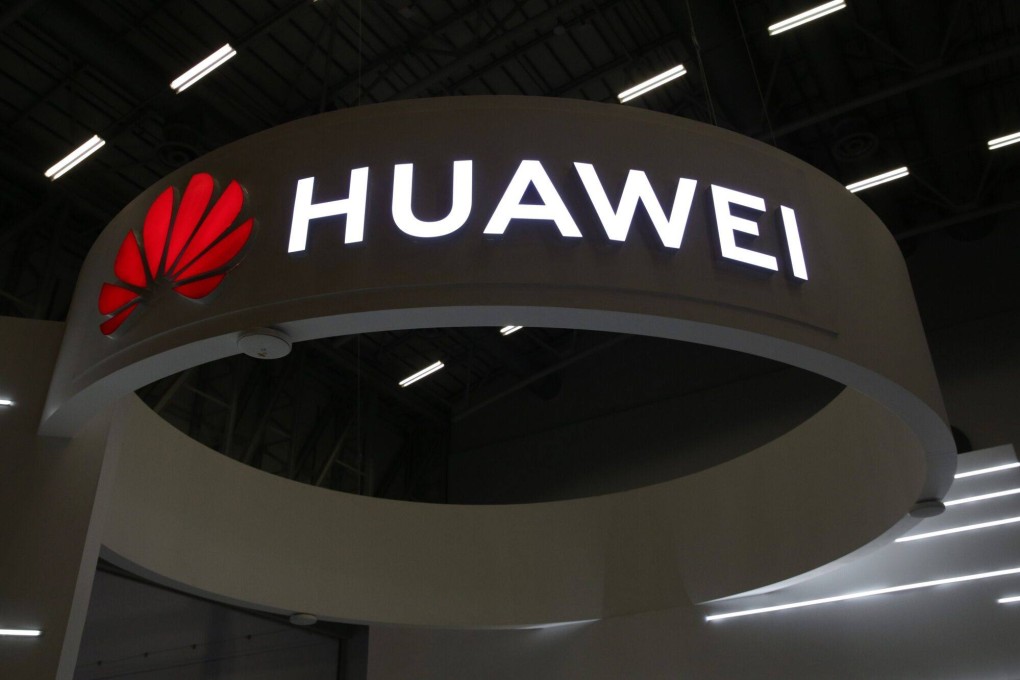Huawei renews 3G, 4G and 5G licensing deal with Swedish telecoms rival Ericsson in bid to monetise its tech patents
- It is the latest effort by the Chinese telecommunications giant to turn its patents into money
- With Chinese technology facing greater scrutiny overseas, Huawei’s intellectual property holdings could help it weather declining sales

Huawei announced on Friday that its new patent cross-licensing agreement with Ericsson will cover patents essential to various standards for 3G, 4G and 5G technologies globally. Huawei said that it would be a long-term deal, without elaborating on the specific period.
“This agreement is the result of intensive discussions that ensured the interests of both patent holders and implementers are served fairly.”
Ericsson said in a separate statement on Friday that the renewed multi-year deal recognised the value of each other’s intellectual property (IP).
“This agreement demonstrates the commitment of both parties that intellectual property should be respected and rewarded, and that leading technological innovations should be shared across the industry,” said Christina Petersson, chief intellectual property officer at Ericsson.
